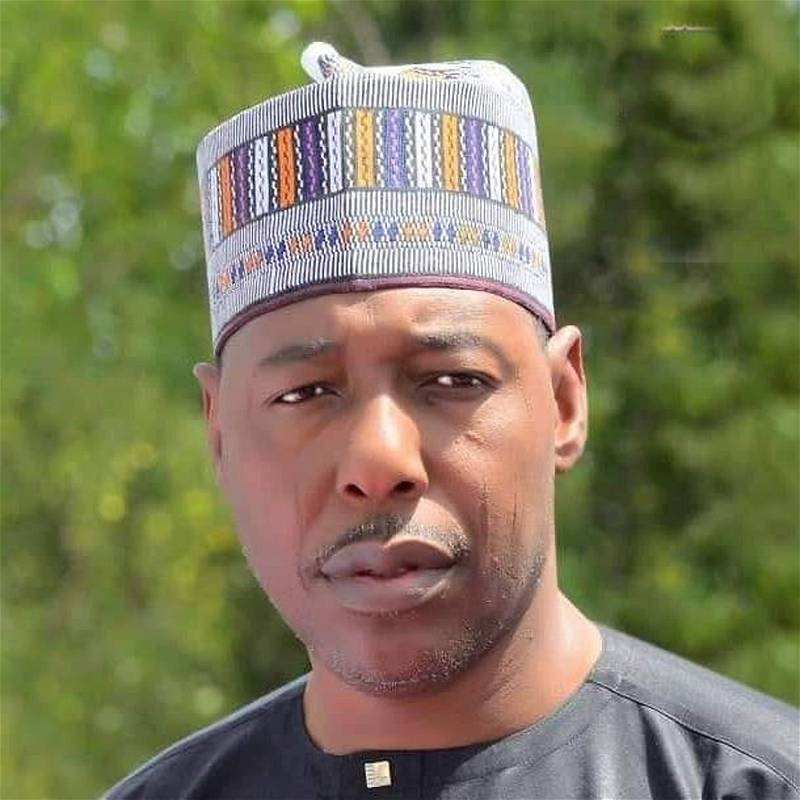The Institute of Chartered Accountant of Nigeria (ICAN)’S strategic contributions to the country’s capacity building sector has been commended. The commendation was made by His Excellency, President Goodluck Ebele Jonathan, GCFR, at the 42nd Annual Accountants’ Conference of the Institute of Chartered Accountants of Nigeria (ICAN). ‘Indeed, we appreciate your support in building capacity for our Federal Treasury Academy (FTA), through a twining arrangement with the Chartered Institute of Public Finance and Accountancy (CIPFA) of the United Kingdom.’
He further praised ICAN’s pioneering role in the setting up of the Nigerian Accounting Standards Board (NASB) in 1982, which recently metamorphosed into Financial Reporting Council of Nigeria (FRC). This bears eloquent testimony to its commitment to best practices in financial reporting.
‘Distinguished ladies and gentlemen, there is no doubt that our nation is today, facing enormous development challenges imposed not by limitations of human and natural resources, but by political, economic and corporate governance issues. The situation is worsened by weak institutional arrangements, abandonment of development planning, inadequate performance benchmarks for public officers and unwillingness of many stakeholders to think and act patriotically. These challenges have continued to fuel insecurity and slow our pace of development; the President stated.
President Jonathan said ‘Our Transformation Agenda is strategically designed to overcome them. Our aims is to re-institutionalize development planning, place greater premium on capital allocation in annual budgets and deliberately set performance benchmarks for public officers so that the Citizens on whose behalf they hold office can objectively assess their performance’.
Mr. President who was represented by the Accountant General of the Federation, Jonah Niyi Otunla also said that part of the efforts to enhance the productive capacity of the economy, is to embark on strategic investments in critical sectors such as Agriculture, Information Technology and Power generation and distribution.
He said that through fiscal, monetary and legislative initiatives, the present administration is creating an enabling environment, for private sector investments in telecommunications, wholesale and retail trade, tourism and entertainment, manufacturing, building and construction. ‘We are certain that these efforts will enable Entrepreneurship to flourish, and the real sector to experience growth and wealth creation. More employment opportunities will also be created for our teeming youth population. Our YouWin programme is focused in this direction’.
The President also said that the positive momentum in the power sector, which has started to manifest in fairly steady electricity supply is not transient. It is the outcome of a well thought-out strategic policy, designed to reposition the sector for greater productivity and the megawatts of electricity generated will continue to increase in the months ahead.
Given the extensive impact of inter-modal transport system on productive activities, we are making significant investments in railways, roads and airports. Improved network and functional transport systems will reinforce the various initiatives, which we are introducing to revolutionalize the agricultural sector, the mainstay of the nation. Since food sufficiency and national security are inextricably linked, the paradigm shift from overdependence on Oil to Agriculture has become a strategic imperative.
Through well-coordinated economic relations and diplomacy, we are leveraging on our goodwill to attract more foreign direct investments to the priority sectors of the economy.
In line with the theme of this conference, we are building strong and enduring institutions to support these initiatives and sustain the drive towards change and economic development. I would like to assure you all that financial prudence, discipline, transparency and value for money will continue to guide the implementation of these initiatives. We will not sacrifice accountability on the altar of political or economic expediency.
We are aware that productive activities and wealth creation can only thrive in a safe environment we have strengthened our intelligence gathering mechanisms and security apparatus to defeat the security threats to our nation. We are determined to bring all those who threaten the lives and property of law abiding citizens, to justice. Let me reassure our development partners of my Administration’s commitment to their safety and the security of their investments. We cannot and will not submit to terrorism.
” Distinguished ladies and gentlemen, the goal of economic transformation and social rebirth is an ideal that calls for collective action, sacrifice and commitment by all”.
” As the Financial Managers of our country, you have a great role to play in fostering and enhancing our financial, economic and social development”, he further said.
‘I therefore, urge you to strengthen the institute’s Public Sector Faculty. Our administration is building enduring institutions around Public Financial Management Reforms and Reporting. Through high fiscal discipline, we have not only brought down the fiscal deficit, we have enhanced the predictability of public expenditures. Our Integrated Payroll and Personnel Information System (IPPIS), Government Integrated Financial Management Information System (GIFMIS), improvement in Cash Management System through Treasury Single Account (TSA), and other non-financial Reforms, have greatly improved the Nation’s Financial Management System and accountability.
The Federation Accounts and Allocation Committee (FAAC) has also set-up a technical subcommittee to chart the road map for the adoption of International Public Sector Accounting Standards (IPSAS) by all tiers of Government.
These Reforms create a big challenge for capacity building for financial experts within and outside the civil service. I am certain that by strengthening its public sector faculty, ICAN will provide valuable support for these initiatives.
Let us all bear in mind that the future of our nation will be determined by what we do or fail to do, either as statesmen, professionals, civil servants, businessmen, religious and community leaders, he said adding that everyone should stand up firmly to the arduous task of nation building.
In his welcome address,Mr Adedoyin Owolabi ,ICAN president said “Without doubts, the realization of the Nigerian dream is inextricably bound to the degree of premium placed on the building of strong and enduring institutions which can define, regulate and enforce compliance to acceptable practices for the common good. The nation requires strong institutions that will make development and regulatory environment conducive to effective operation of economic development and democratic process that is consistent with good governance. The task of building such strong institutions must start today for the benefit of tomorrow.”
He added that”It is in this respect that we commend the thrust of the Transformation Agenda of the government. By its very nature, transformation is often followed by temporary pains, discomfort and even disorder which humans detest. Indeed, history attests to the fact that except people abandon their comfort zones, desire a higher order need, progress will not be achieved easily. In my view, developments cannot occur without pains, denials and sacrifices by all citizens. In fact, these are the building blocks for enduring legacies. We just need to see through current temporary obstacles and symptoms of dislocation, grab the opportunities for wealth creation which they offer in order to achieve sustainable growth and development. This season calls for these ideals.”




